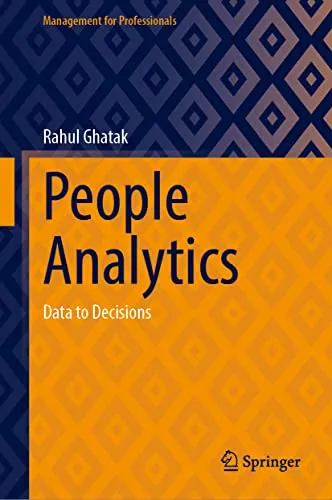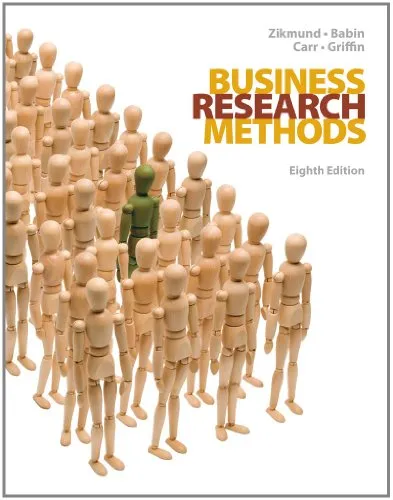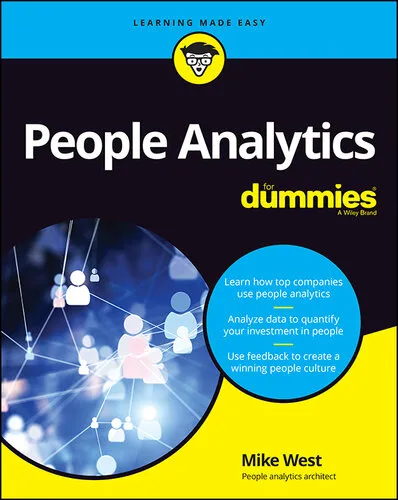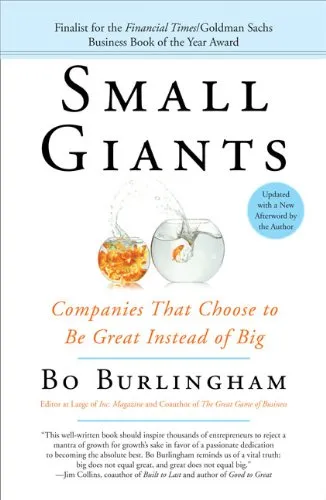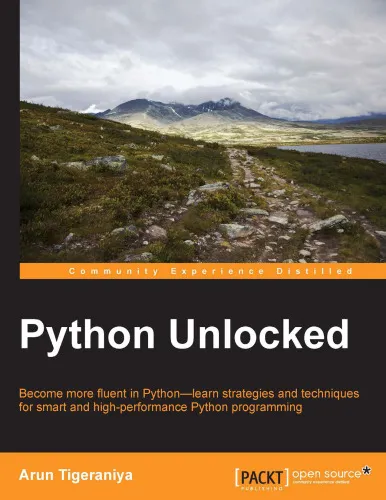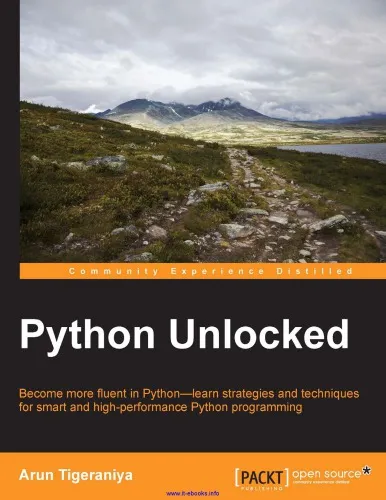Systemic Practice and Action Research
4.7
Reviews from our users

You Can Ask your questions from this book's AI after Login
Each download or ask from book AI costs 2 points. To earn more free points, please visit the Points Guide Page and complete some valuable actions.کتاب های مرتبط:
Analytical Summary
The section “Systemic Practice and Action Researchpp.159—178” offers readers a rich perspective on the convergence of systemic thinking and participatory approaches to problem-solving in complex organisational and social contexts. Authored by Madhu Ranjan Kumar and Shankar Sankaran, this book segment exemplifies an intellectually rigorous yet accessible examination of how evidence-based methodologies interact with human-centred practice.
Here, systemic practice is understood as a holistic mode of inquiry, one that avoids linear cause–effect assumptions and instead embraces the dynamic interplay of elements within a system. This approach is critical for professionals and academics dealing with multifaceted challenges in fields such as organisational development, sustainability, health systems, and educational reform. The narrative positions action research not just as an investigative tool, but as a collaborative vehicle for generating change.
The authors blend theoretical grounding with reflective practice, enabling readers to grasp both the foundational concepts and the practicalities of implementation. Concepts like stakeholder engagement, iterative learning cycles, and reflexive inquiry are interwoven throughout. While comprehensive bibliographic and historical details about the specific publication year remain unavailable due to the absence of a reliable public source, the thematic essence of this section stands firmly as timeless guidance for inquiry-based transformation.
Key Takeaways
From “Systemic Practice and Action Researchpp.159—178,” several key insights emerge for practitioners seeking authentic and constructive change in their environments.
Firstly, systemic thinking enables the reframing of problems to reveal hidden interdependencies. Secondly, participatory action research fosters an environment where stakeholders co-create both the problem definition and its solution pathways. Thirdly, iterative cycles of planning, action, and reflection ensure that learning and adaptation occur in real time, rather than as an afterthought. Fourthly, the combination of systemic practice with action research bridges the gap between theory and on-the-ground realities.
Finally, the study underscores that sustainable transformation requires deep engagement, mutual respect, and a willingness to embrace uncertainty—recognising that complex systems rarely yield to simplistic interventions.
Memorable Quotes
“Systemic practice invites us to look beyond isolated events and instead examine the patterns that sustain outcomes.” Unknown
“Action research is most powerful when those affected by change directly contribute to both its design and execution.” Unknown
“In complex systems, solutions emerge from dialogue, not from prescriptive mandates.” Unknown
Why This Book Matters
“Systemic Practice and Action Researchpp.159—178” matters because it closes the gap between abstract theory and lived professional practice.
For academics, the text provides robust conceptual clarity that aids in teaching and research design. For practitioners, it delivers pragmatic frameworks suitable for organisational, community, and policy applications. By integrating systemic perspectives with action research, it equips readers to address issues in a manner that honours complexity rather than reducing it to oversimplified models.
It stands out as particularly relevant for interdisciplinary teams, change agents, and thought leaders seeking inclusive processes that drive sustainable impact. This relevance holds despite “Information unavailable” on specific accolades or awards, since the measure of its value is embedded in its applicability and the way its methods resonate across diverse sectors.
Inspiring Conclusion
Readers engaging with “Systemic Practice and Action Researchpp.159—178” are invited to take part in a deeper conversation about how meaningful change can be initiated through systemic and participatory lenses.
This pivotal segment of the book demonstrates that sustainable solutions are born from inclusive dialogue, continuous adaptation, and co-created actions. By investing time to explore its ideas, professionals and scholars alike can enhance their capacity to analyse and transform the systems they work within. We encourage you to read, share, and discuss “Systemic Practice and Action Researchpp.159—178” as a catalyst for collaborative inquiry and responsible innovation—steps that can inspire both immediate and generational impact.
Free Direct Download
You Can Download this book after Login
Accessing books through legal platforms and public libraries not only supports the rights of authors and publishers but also contributes to the sustainability of reading culture. Before downloading, please take a moment to consider these options.
Find this book on other platforms:
WorldCat helps you find books in libraries worldwide.
See ratings, reviews, and discussions on Goodreads.
Find and buy rare or used books on AbeBooks.
1105
بازدید4.7
امتیاز0
نظر98%
رضایتReviews:
4.7
Based on 0 users review
Questions & Answers
Ask questions about this book or help others by answering
No questions yet. Be the first to ask!


